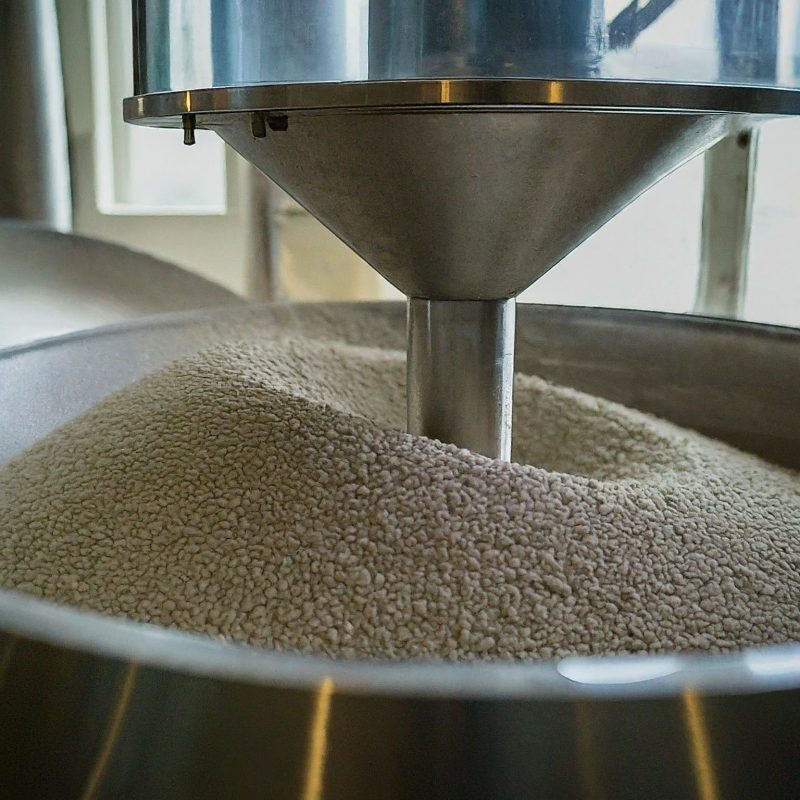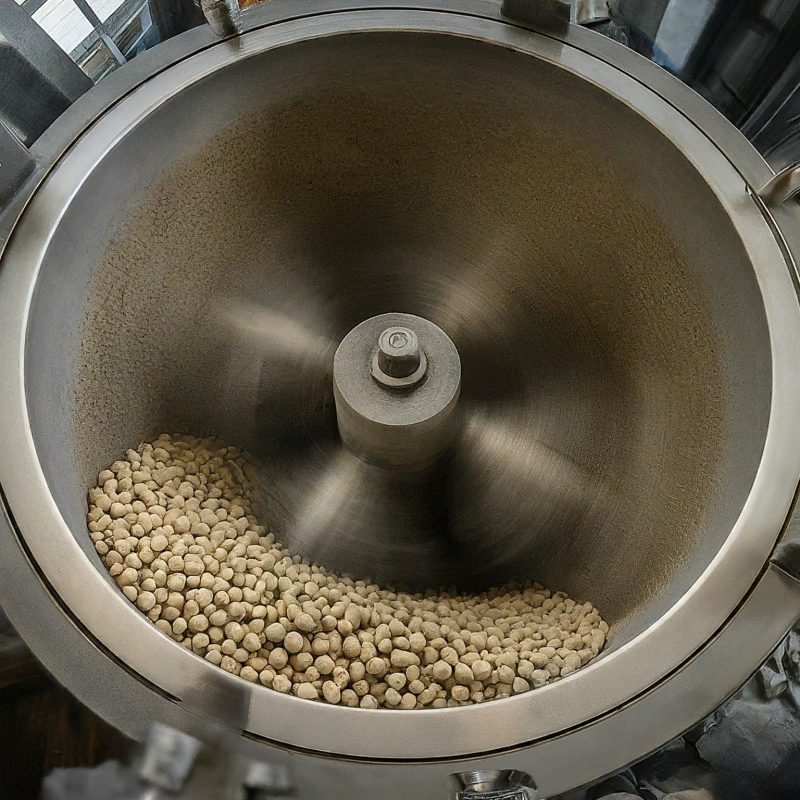In the intricate dance of scientific exploration,transforming raw materials into their fundamental constituents plays a pivotal role. Within this realm, the laboratory ball mill emerges as a vital instrument, a tireless workhorse dedicated to the art of size reduction. But where does one acquire this essential tool? This article, drawing inspiration from the meticulous approach of Precision Machinery Design, serves as a comprehensive guide to navigating the landscape of laboratory ball mill suppliers.

- The Evolving Landscape of Size Reduction
The quest for ever-finer particles transcends the realm of alchemy. Modern scientific inquiry demands precise control over particle size distribution, a critical factor in numerous analytical techniques. Laboratory ball mills, with their versatility and efficiency, have become the cornerstone of this endeavor. However, the landscape of suppliers for these crucial instruments is vast and ever-evolving.
- A Taxonomy of Suppliers: Identifying Your Ideal Partner
Just as categorizing gears and bearings is paramount in precision machinery design, understanding the different types of laboratory ball mill suppliers is essential. Here’s a breakdown of the key players:
Established Laboratory Equipment Manufacturers: These industry giants offer a comprehensive portfolio of laboratory equipment, including ball mills. They prioritize reliability, robust construction, and comprehensive after-sales support. However, their offerings may come at a premium price point.
Specialized Ball Mill Suppliers: These niche companies focus exclusively on ball mills, offering a wider variety of models and customizable options. They might cater to specific grinding applications or offer unique features. However, their after-sales support network might be less extensive.
Online Retailers: The internet has become a bustling marketplace for scientific equipment, with numerous online retailers offering laboratory ball mills. Competitive pricing and a vast selection are enticing, but buyer beware! Scrutinize product descriptions, manufacturer reputations, and return policies before committing.
Used Equipment Suppliers: For the budget-conscious researcher, used equipment suppliers offer a cost-effective alternative. Thorough inspection and potential maintenance costs should be factored in when considering this option.- Evaluating Supplier Capabilities: A Multifaceted Approach
Selecting the ideal laboratory ball mill supplier necessitates a multifaceted evaluation process, akin to assessing the precision and performance of a gear train. Here are some crucial factors to consider:
Product Portfolio: Does the supplier offer a variety of ball mill models to suit your specific needs? Consider factors like chamber size, grinding media options, and available power configurations.
Reputation and Expertise: Research the supplier's reputation within the scientific community. Look for positive customer reviews and a proven track record of delivering high-quality equipment.
After-Sales Support: A reliable after-sales support network is crucial for troubleshooting, maintenance, and access to spare parts. Ensure the supplier offers comprehensive support services.
Customization Options: Does the supplier offer any customization options to tailor the ball mill to your specific grinding application? This could entail special grinding media, customized liners, or integration with automated systems.
Service and Calibration: Regular maintenance and calibration are essential for optimal ball mill performance. Does the supplier offer these services, or can they recommend qualified service providers?
- The Art of Negotiation: Acquiring Your Ideal Ball Mill
Negotiating with a laboratory ball mill supplier requires a strategic approach, similar to optimizing gear ratios for efficiency. Here are some tactics to consider:
Clearly Define Your Needs: Before initiating contact with potential suppliers, clearly define your grinding requirements, desired features, and budget constraints. A well-defined set of criteria will guide your conversations and ensure you're comparing apples to apples.
Request for Quotation (RFQ): Issue an RFQ to multiple suppliers, outlining your specific needs and requesting detailed quotes. This allows for a side-by-side comparison of pricing, features, and service offerings.
Negotiate Price and Terms: Don't be afraid to negotiate on price and payment terms. Highlight your budget constraints and leverage quotes from competing suppliers to secure the best possible deal.
Evaluate Warranties and Service Contracts: Scrutinize the warranty terms offered by the supplier and consider investing in an extended warranty for added peace of mind. Evaluate service contract options to ensure ongoing maintenance and support.- Beyond the Purchase: Building a Long-Term Partnership
Selecting a laboratory ball mill supplier is not merely a transactional endeavor. Ideally, you’re establishing a long-term partnership with a reliable vendor who understands your research needs and can provide ongoing support.
Clear Communication: Maintain open communication with your supplier. Discuss any concerns or questions you might have regarding the ball mill's operation or performance.